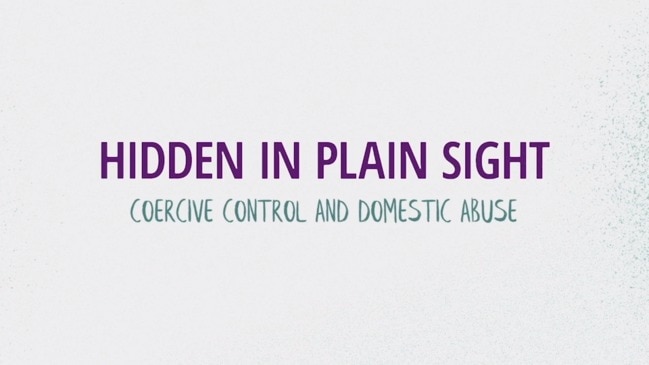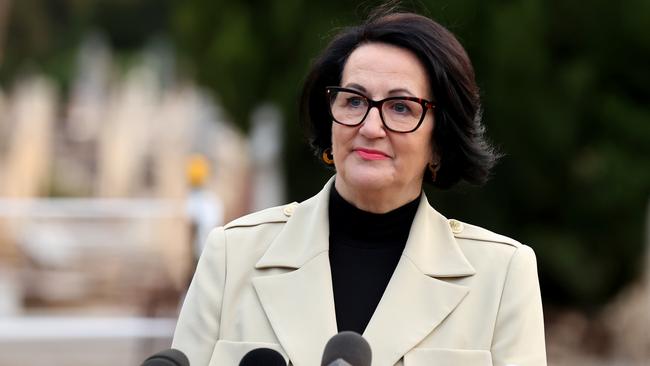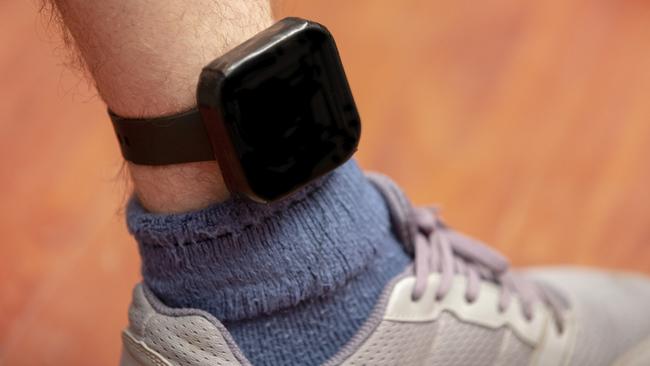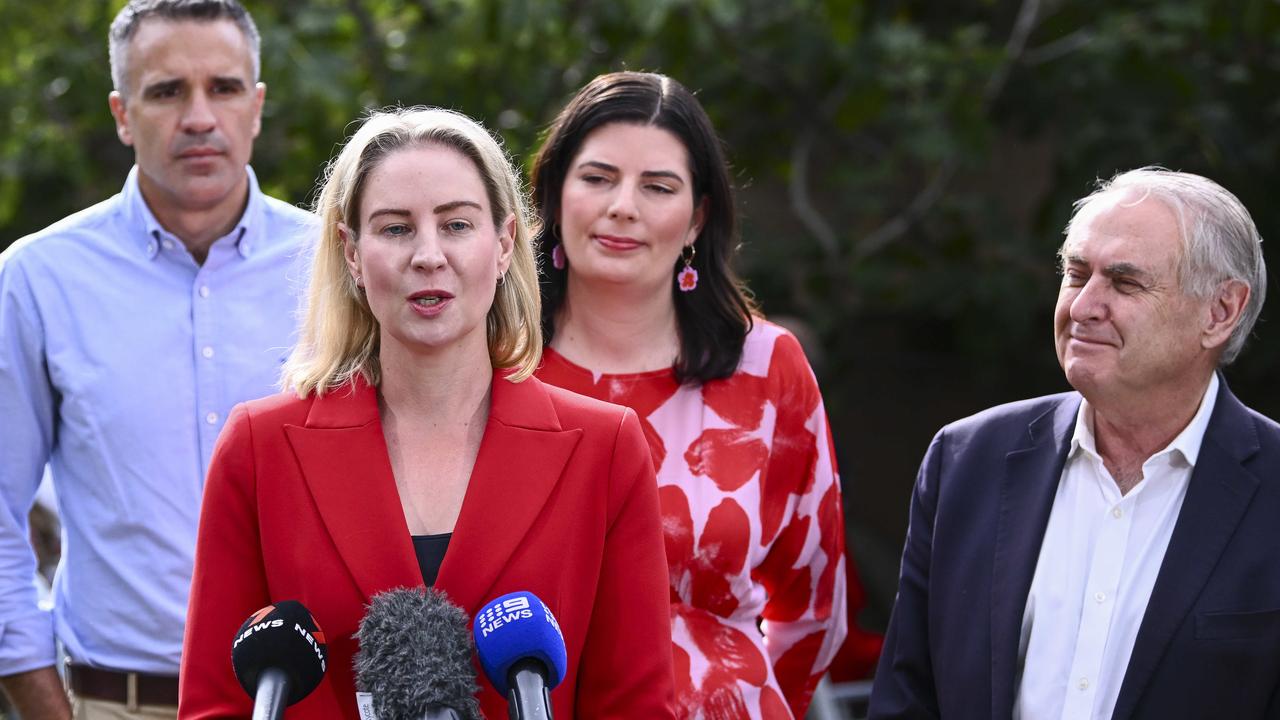GPS trackers for abuse-accused considered to protect against domestic violence
Domestic violence victims could be protected by tracking devices on accused abusers even without criminal convictions under changes being considered.

SA News
Don't miss out on the headlines from SA News. Followed categories will be added to My News.
Alleged abusers who have not been charged or convicted of a crime could be made to wear tracking devices under changes being canvassed by the state’s Attorney-General to keep domestic violence victims safe.
Vickie Chapman has written to SA Police and the Corrections Department about a proposed law change which would enable electronic monitoring of people placed on court-imposed intervention orders.
These orders are primarily used to keep alleged abusers away from their victims and can be imposed based on reports to police about domestic violence incidents.
Under Ms Chapman’s proposal, the courts could require people on such an order to wear a GPS tracking bracelet.

If they were recorded at a prohibited location – such as their ex-partner’s house or child’s school – they could be prosecuted for a breach of the order and face a fine or jail time.
A similar scheme operates in Tasmania, and Ms Chapman said it would “add an extra layer of protection” for victims in SA.
However, the suggestion will likely prompt concerns from civil liberties advocates and lawyers given the imposition on people who have not been proven to have committed an offence.
Latest data shows that more than 12 South Australians each day seek the protection of an intervention order, but abusers are breaching conditions of those orders almost six times a day.
A Corrections Department study has found real-time monitoring of alleged abusers released on bail dramatically reduced the likelihood they would reoffend, and those who did were far more likely to be detected and face consequences.
The department says there is “no shortage” of monitoring bracelets, and the state government pledged $4m for another 100 devices in the recent State Budget.
Ms Chapman is also establishing a new high-level task force – featuring police, corrections, legal and human services representatives – to advise the government on domestic violence policies and made its first task to consider expanded electronic surveillance of abusers.

Last month, Opposition MP Katrine Hildyard put legislation to parliament which would require alleged domestic violence offenders to be tracked by GPS monitoring when released on bail. But her proposal would only apply to people charged with crimes, such as assaulting, choking or stalking a partner.
Currently it is left to victims to call police if an abuser breaches the conditions of an intervention order, such as by contacting or stalking them, and women have been killed while supposedly protected.
Ms Chapman said electronic monitoring would enable police to detect breaches “in real-time and respond accordingly”.
Federal Women’s Safety Minister Anne Ruston has also signalled support for using technology to “strengthen” intervention orders, noting that “a piece of paper will never keep a woman safe … unless she knows it will be enforced”.





